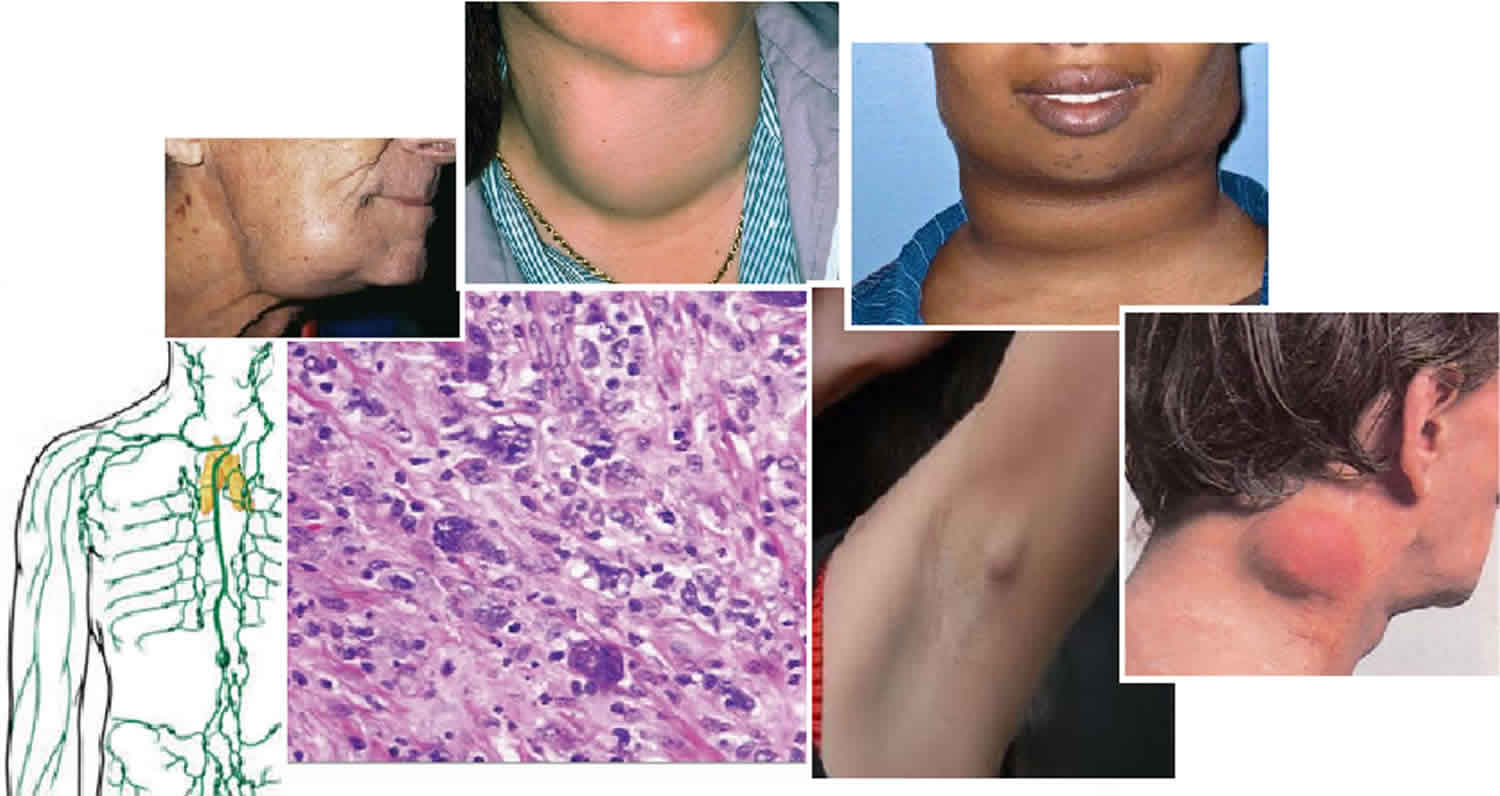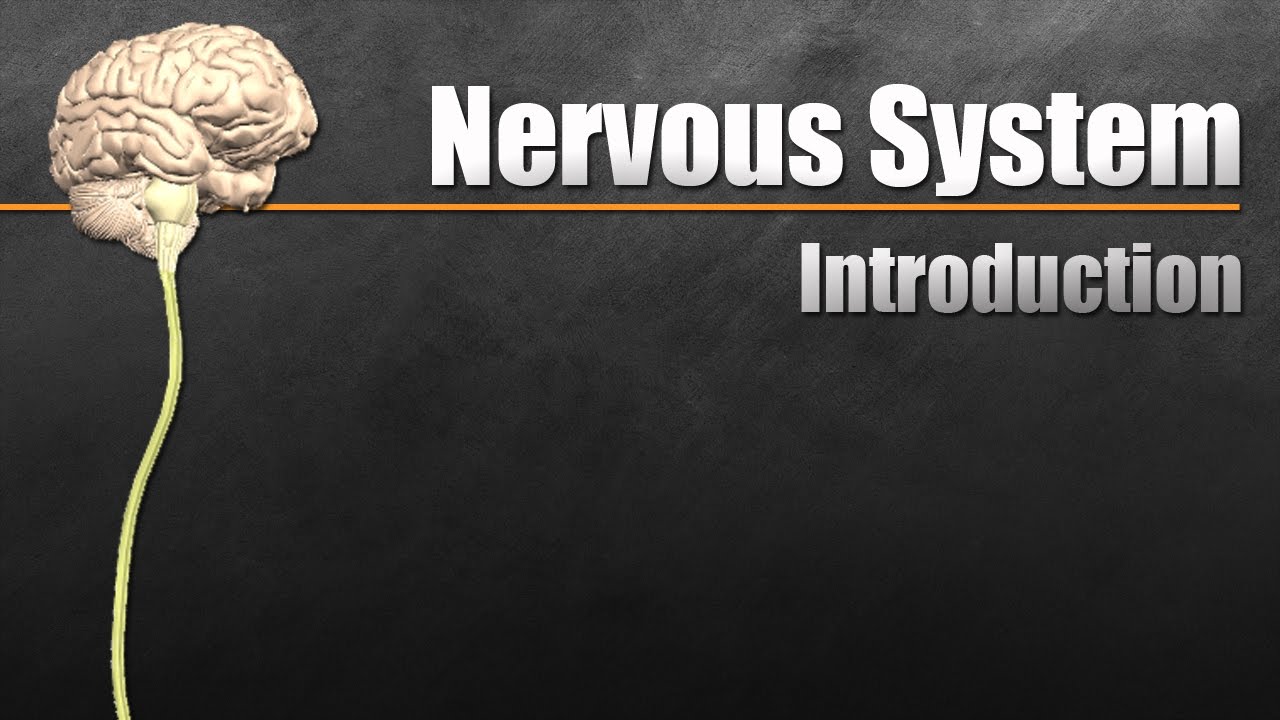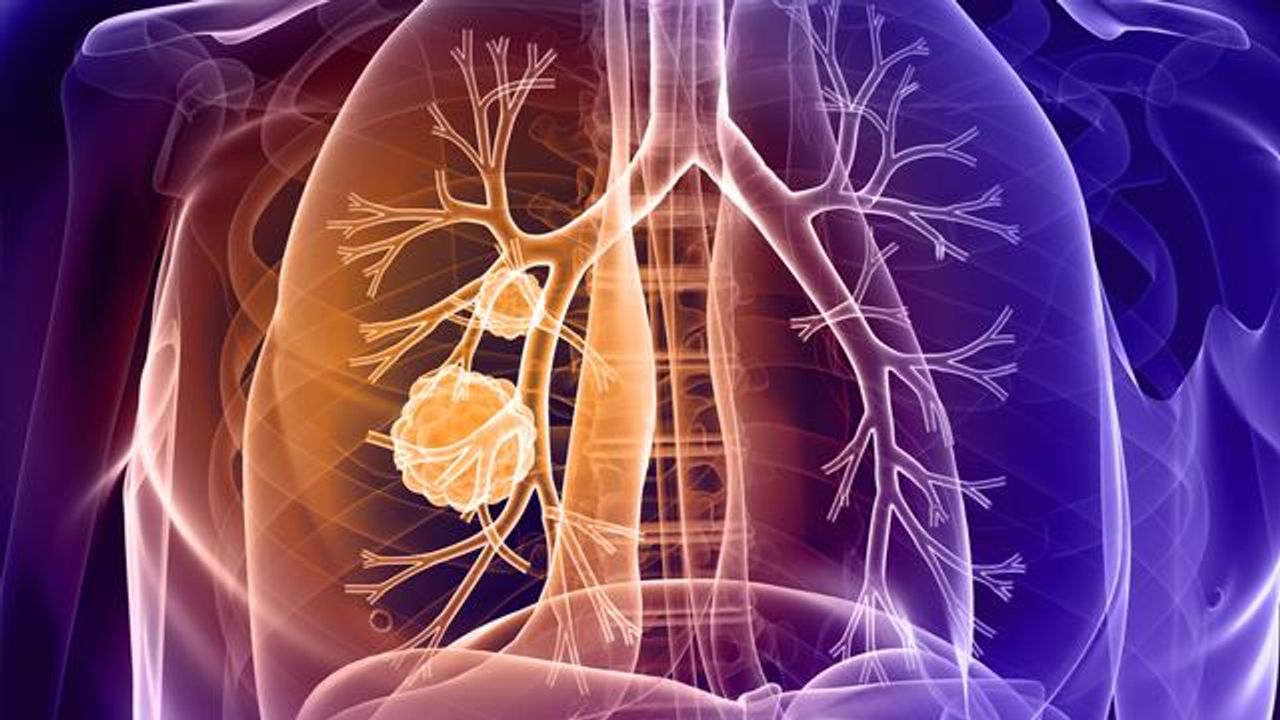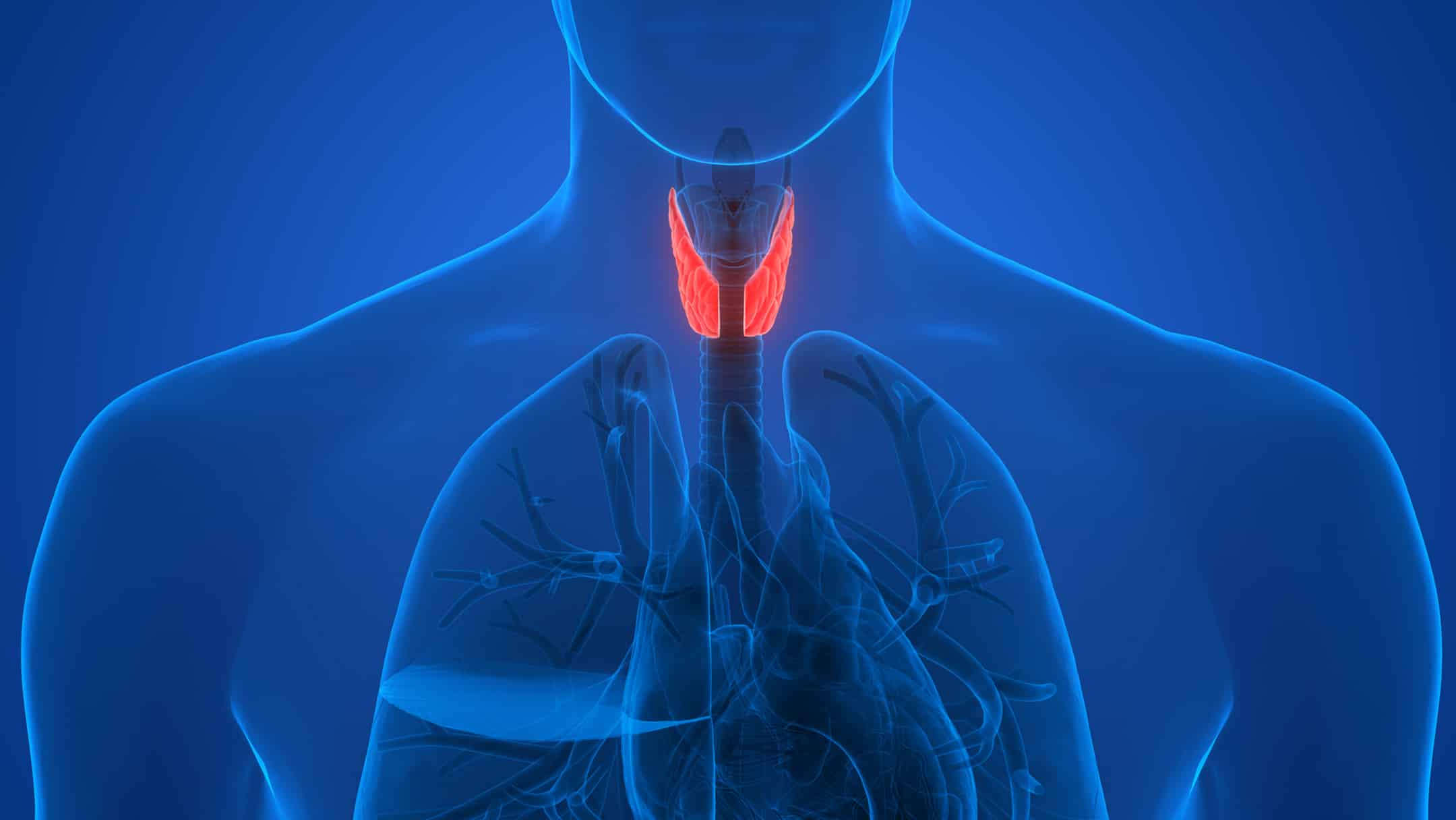Anesthesiology What Is Meant By Anesthesiology? “The practice of medicine dedicated to the relief of pain and total care of the surgical patient before, during and after surgery.” Anesthesiologists are involved in around 90 percent of the more than 40 million surgical procedures that are carried out under anesthetic each year in the United States. Continue Reading
Dermatology What Is Meant By Dermatology? Skin-related kind of Internal Medicine. It specializes in both medical and surgical stages as well. Diseases related to Skin: 1-Acne. Commonly located on the face, neck, shoulders, chest, and upper back. Breakouts on the skin composed of blackheads, whiteheads, pimples, or deep, painful cysts and nodules. May leave scars Continue Reading
Knee Pain What Is Meant By Knee Pain? The constant use of the lower extremities makes them an easy target for injury and pain, specifically in the knees and feet. Walking, sitting and standing all put pressure on our knees and feet, while most athletic activities rely on them as well. Knee and foot pain are common Continue Reading
Multiple Myeloma What Is Meant By Lymphoma? Lymphoma is cancer that begins in infection-fighting cells of the immune system, called lymphocytes. These cells are in the lymph nodes, spleen, thymus, bone marrow, and other parts of the body. When you have lymphoma, lymphocytes change and grow out of control. There are two main types of Continue Reading
Leukemia What Is Meant By Leukemia? Leukemia is a cancer of the blood cells. There are several broad categories of blood cells, including red blood cells (RBCs), white blood cells (WBCs), and platelets. Generally, leukemia refers to cancers of the WBCs. WBCs are a vital part of your immune system. They protect your body from Continue Reading
Peptic Ulcers What Is Meant By Peptic Ulcers? You have a peptic ulcer if you get open sores in the lining of your stomach or the upper part of the small intestine. That happens when your stomach acids etch away your digestive tract’s protective layer of mucus. You may have no symptoms, or you may feel discomfort or burning pain. Continue Reading
Nervous System Your nervous system is your body’s command center. Originating from your brain, it controls your movements, thoughts and automatic responses to the world around you. It also controls other body systems and processes, such as digestion, breathing and sexual development (puberty). Diseases, accidents, toxins and the natural aging process can damage your nervous Continue Reading
Emphysema What Is Meant By Emphysema? Emphysema is a disease of the lungs that usually develops after many years of smoking. Along with asthma and chronic bronchitis, emphysema belongs to a group of lung diseases known as chronic obstructive pulmonary disease (COPD). Emphysema affects the air sacs in your lungs. Normally, these sacs are elastic Continue Reading
Endocrinology What Is Meant By Endocrinology? Endocrinology is a branch of medicine that deals with the endocrine system, which controls the hormones in your body. Its diseases, and its specific secretions known as hormones. It is also concerned with the integration of developmental events such as: Proliferation. Growth and differentiation. The psychological or behavioral activities of metabolism. Continue Reading
Neurology What Is Meant By Neurology? Neurology is a branch of medical science that is concerned with disorders and diseases of the nervous system. There are around a hundred billion neurons in the brain, capable of generating their own impulses and of receiving and transmitting impulses from neighbouring cells. Neurology involves the study of: The Continue Reading










